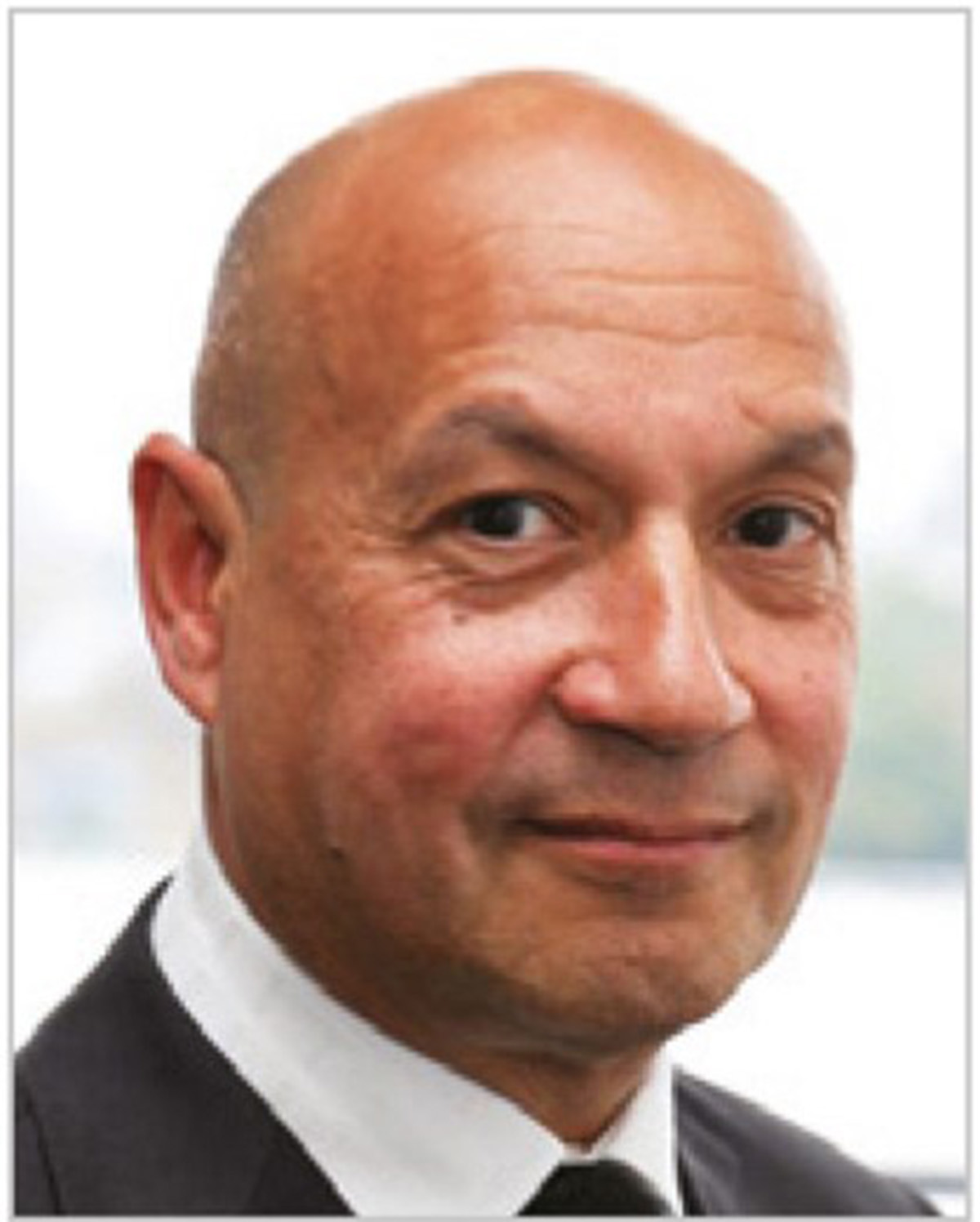
It soon emerged, however, that this pause would not include the early years, despite inspectors for our sector being expected to complete the same training – a decision that understandably prompted significant concern and frustration among providers. The inspectorate’s reasoning for this, it explained, was that, unlike schools, Ofsted has regulatory responsibility for the early years, as well as inspection duties.
 A three-week inspection pause is not a solution to the concerns that have been raised about education inspections. However, the omission of the early years from this announcement does point to a much greater issue: that our sector has been all but excluded from inspection reform discussions, despite parallels between the challenges facing both schools and the early years.
A three-week inspection pause is not a solution to the concerns that have been raised about education inspections. However, the omission of the early years from this announcement does point to a much greater issue: that our sector has been all but excluded from inspection reform discussions, despite parallels between the challenges facing both schools and the early years.
Register Now to Continue Reading
Thank you for visiting Children & Young People Now and making use of our archive of more than 60,000 expert features, topics hubs, case studies and policy updates. Why not register today and enjoy the following great benefits:
What's Included
-
Free access to 4 subscriber-only articles per month
-
Email newsletter providing advice and guidance across the sector
Already have an account? Sign in here

